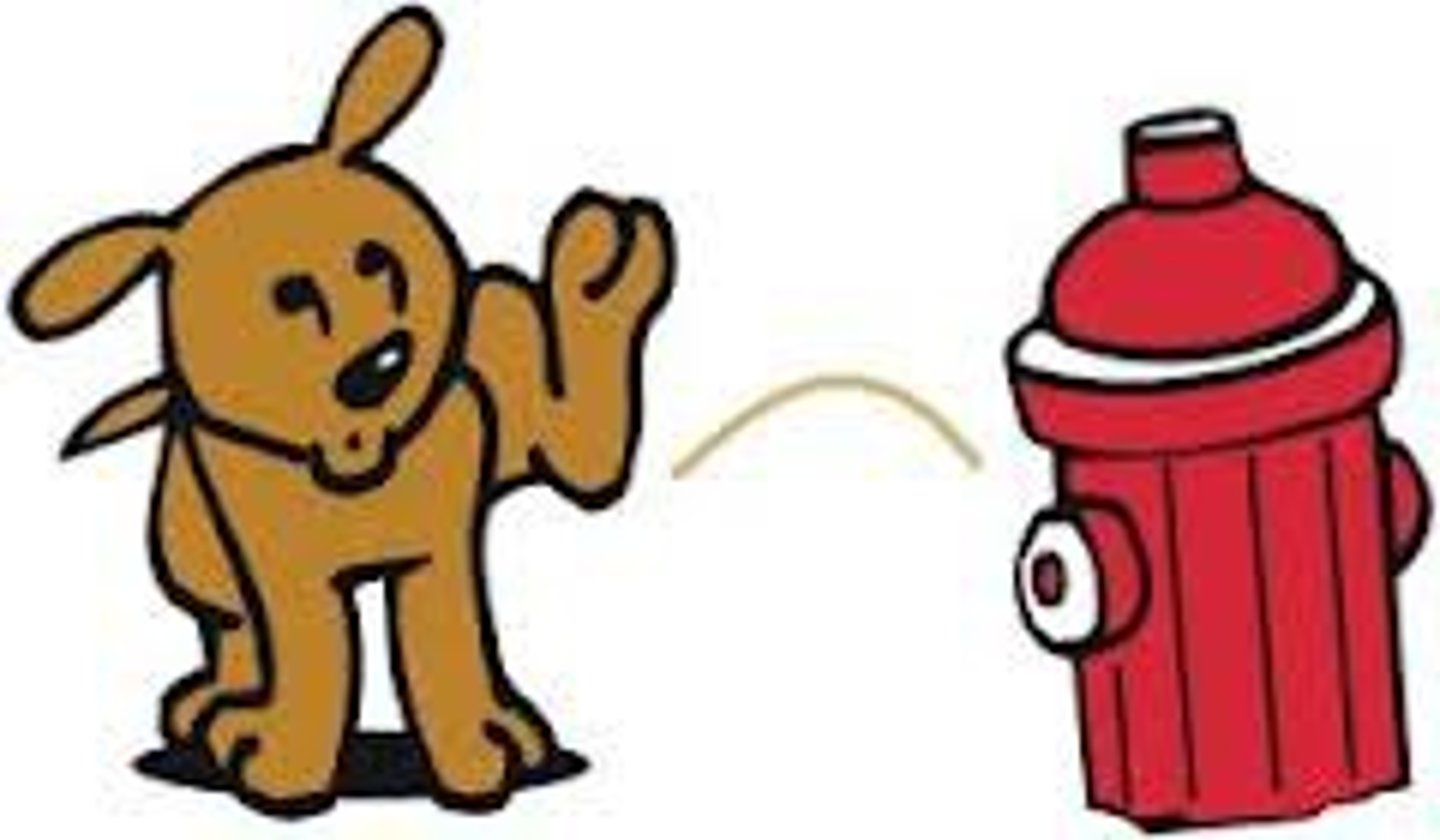OpenSciEd 7.3 Metabolic Reactions
1/53
There's no tags or description
Looks like no tags are added yet.
Name | Mastery | Learn | Test | Matching | Spaced |
|---|
No study sessions yet.
54 Terms
Interaction
How two or more things, like body systems or parts, work together or affect each other.
Organ
A part of the body, like the heart or stomach, that has a specific job to help keep you alive.
Endoscopy
A test where doctors use a small camera to look inside the body.
Esophagus
A tube in your body that moves food from your mouth to your stomach.
Stomach
A bag-like organ where food is broken down by acid and enzymes.
Small Intestine
A long, tube-shaped organ where nutrients from food are absorbed into the bloodstream.
Large Intestine
A wide tube in your body where water is absorbed from food waste before it leaves the body.
Amino Acid
Small building blocks that make up proteins and are used by the body to grow and repair.
Protein
A nutrient in food that helps build and repair your body, like muscles and tissues.
Fatty Acids
The small building blocks of fats that give your body energy.
Complex Carbohydrate
A type of carbohydrate made of many sugar molecules linked together, found in foods like pasta and bread.
Glucose
Glucose: A type of sugar that your body uses for energy.
Starch
A carbohydrate found in foods like potatoes that your body breaks down into glucose.
Absorption
The process where nutrients move from the small intestine into the bloodstream.
Dialysis Tubing
A material used to model how nutrients pass through membranes in the small intestine.
Iodine
A chemical used to test for the presence of starch.
Benedict's Solution
A chemical used to test for sugar in a substance.
Food Molecules
Small parts of food, like glucose or amino acids, that your body uses for energy and growth.
Fiber
A part of plants that your body can't digest, but it helps keep your digestive system healthy.
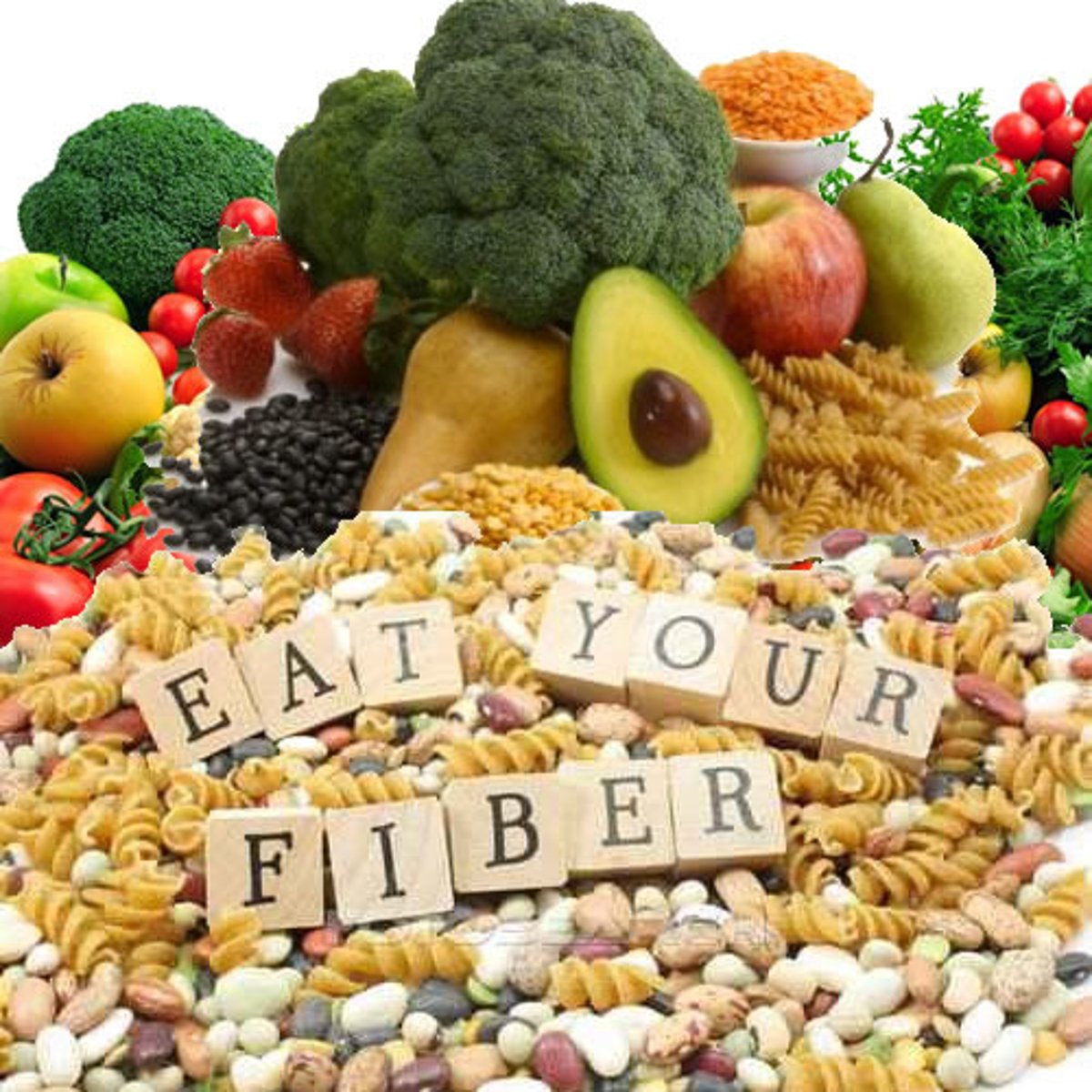
Chemical Reaction
When substances combine or break apart to form new substances.
Saliva
A liquid in your mouth that helps break down food.

Salivary Gland
A small organ in your mouth that produces saliva.
Amylase
An enzyme in saliva that breaks down starch into sugar.
Secrete
To release a substance, like how your salivary glands release saliva.
Digestion
The process of breaking food down into smaller parts your body can use
Enzymes
Proteins that speed up chemical reactions, like breaking down food during digestion.
Diverticular Disease
A condition where small pouches form in the large intestine, which can cause pain or infection.
Celiac Disease
A condition where eating gluten damages the small intestine.
Irritable Bowel Syndrome (IBS)
A condition that affects how the large intestine works, causing stomach pain, gas, and diarrhea.
Colitis
Inflammation of the colon (large intestine) that causes stomach pain and diarrhea.
Crohn's Disease
A condition that causes inflammation anywhere in the digestive system.
Gastrointestinal Conditions
Problems that affect the digestive system, like stomach pain, diarrhea, or swelling.
Villi
Tiny finger-like structures in the small intestine that help absorb nutrients.
Cells
The smallest building blocks of all living things.
Tissues
Groups of cells that work together to do a specific job in the body.
Median
The middle value in a set of numbers when they are arranged in order.
Fuel
A substance your body uses for energy, like food or oxygen.
Reactant
A substance that starts a chemical reaction.
Product
A substance that is made during a chemical reaction.
Relative Humidity
The amount of water vapor in the air compared to how much the air could hold at a certain temperature.
Cellular Respiration
A process in cells where food and oxygen are turned into energy your body can use.

Bromothymol Blue
A chemical indicator that changes color to show the presence of carbon dioxide.

Trachea
The windpipe, a tube that carries air to your lungs.
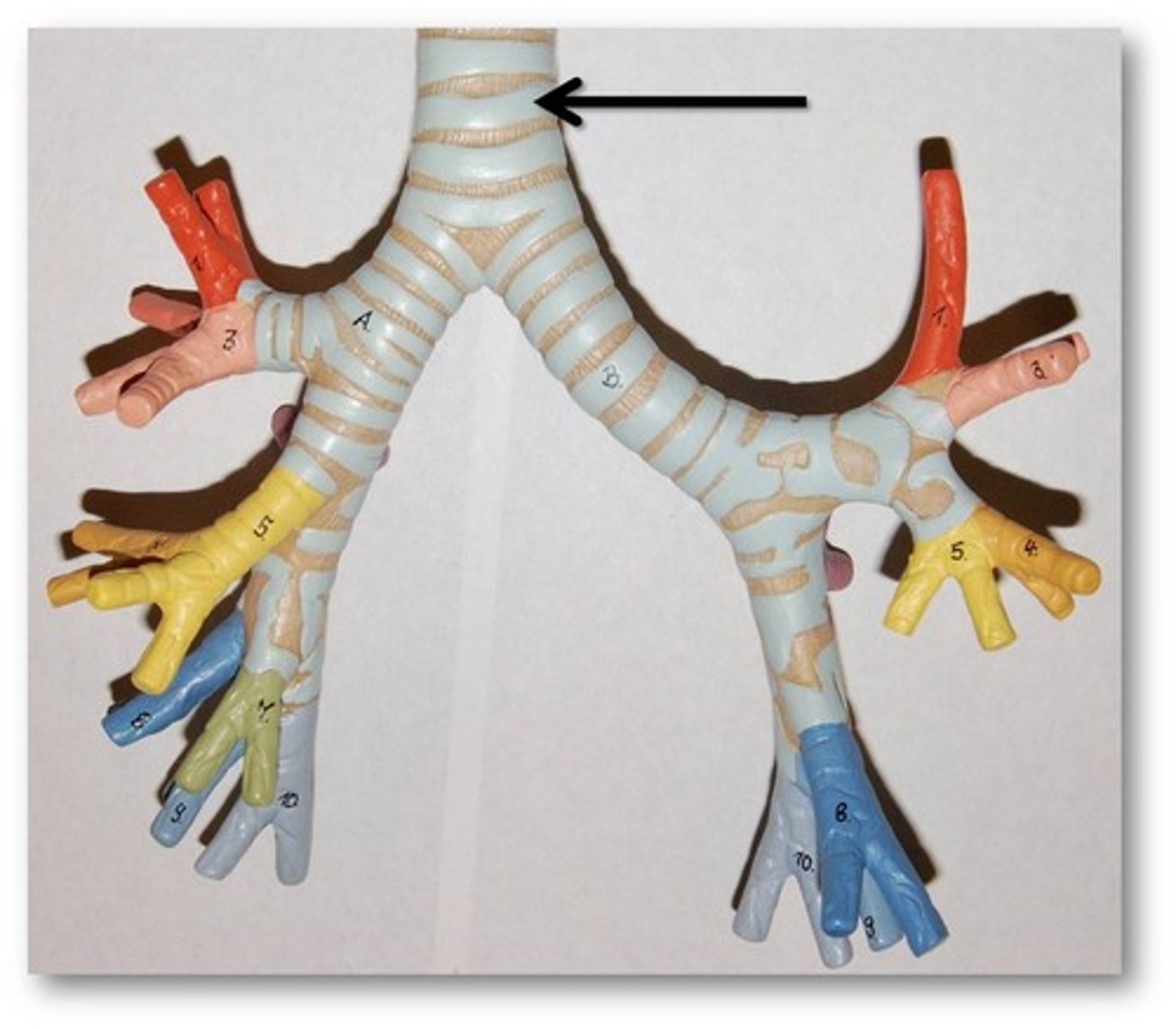
Bronchial Tubes
Branches from the trachea that carry air into each lung.
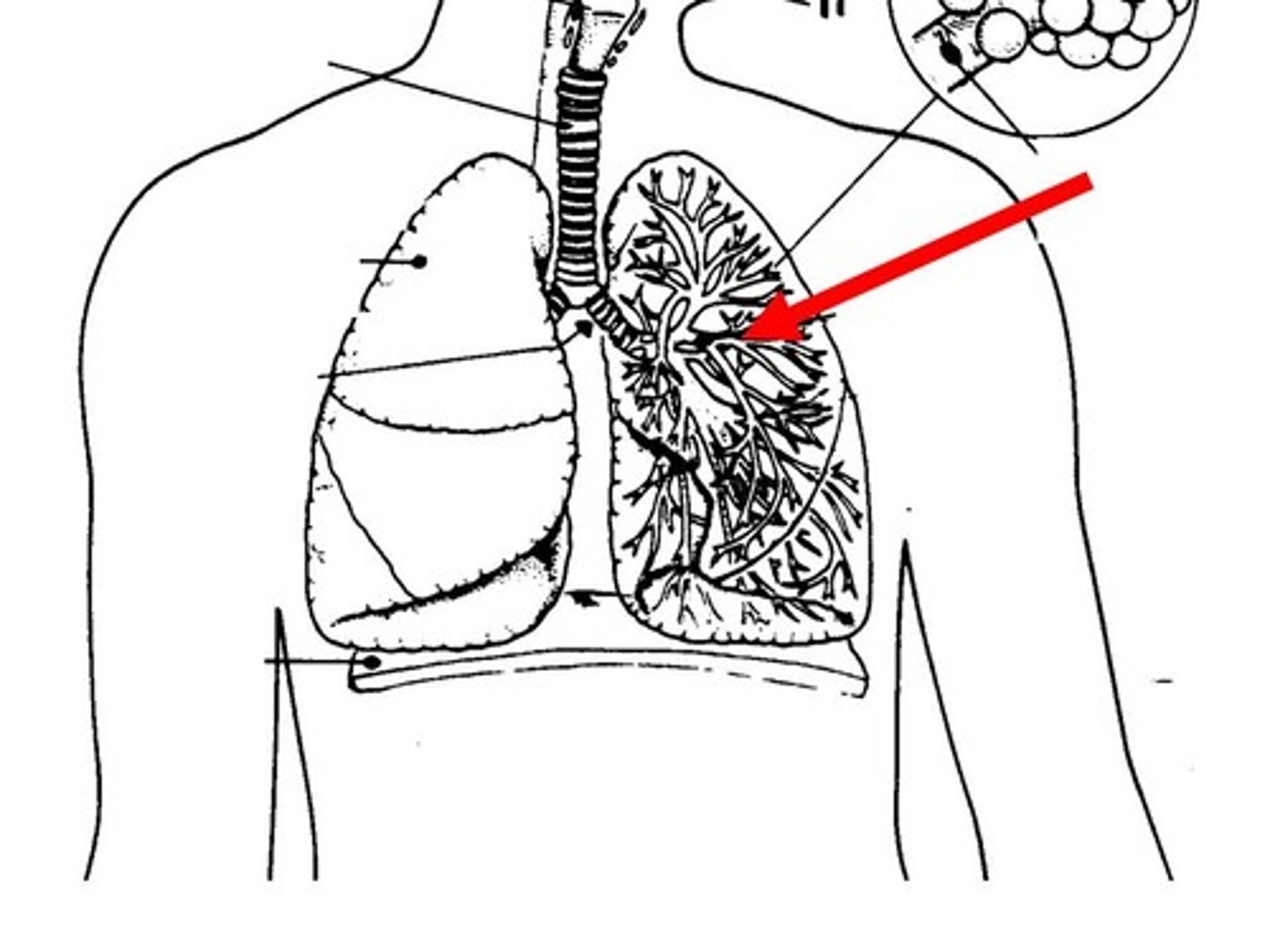
Alveoli
Tiny air sacs in the lungs where oxygen enters the blood and carbon dioxide leaves the blood.
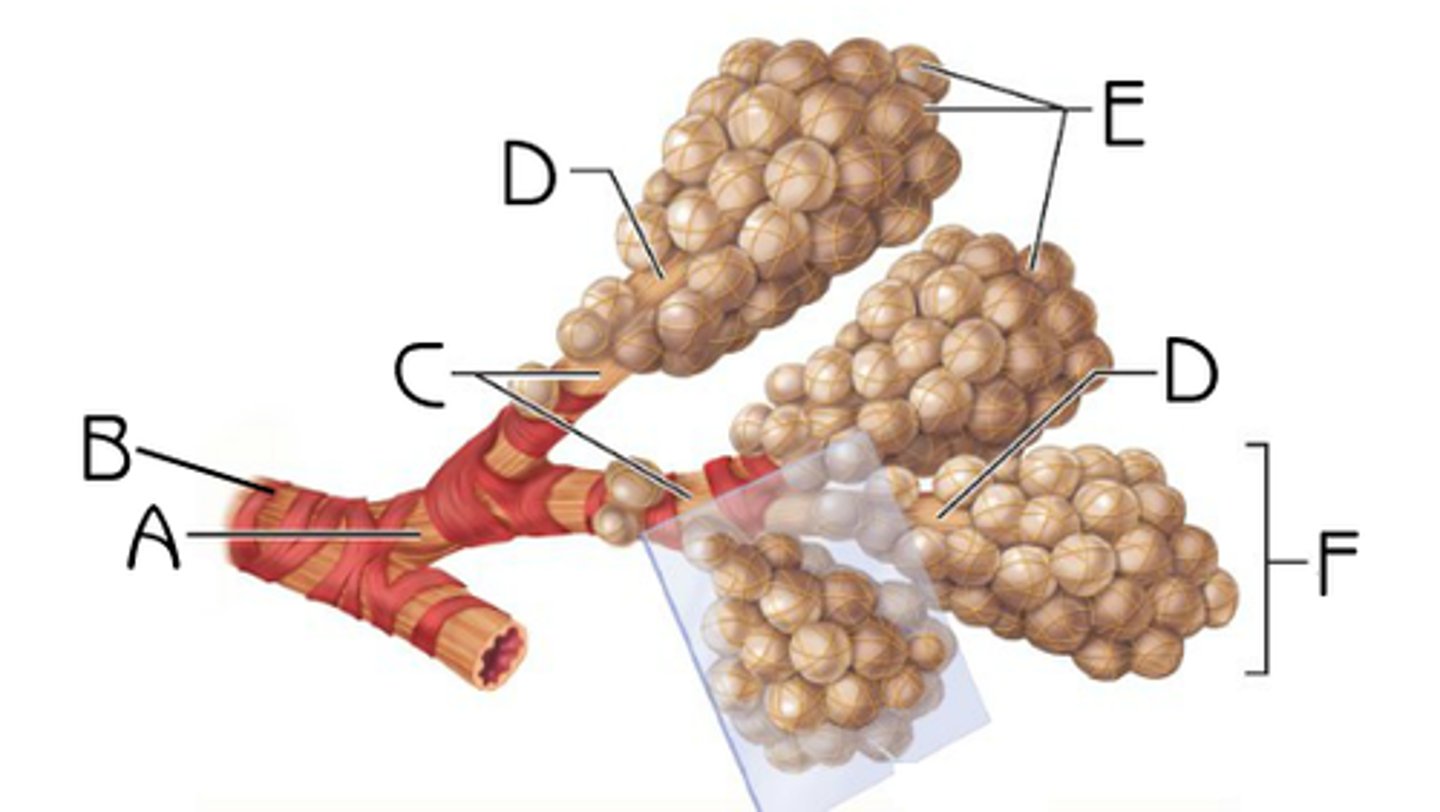
Cardiovascular System
The system that moves blood through your body, including the heart and blood vessels.
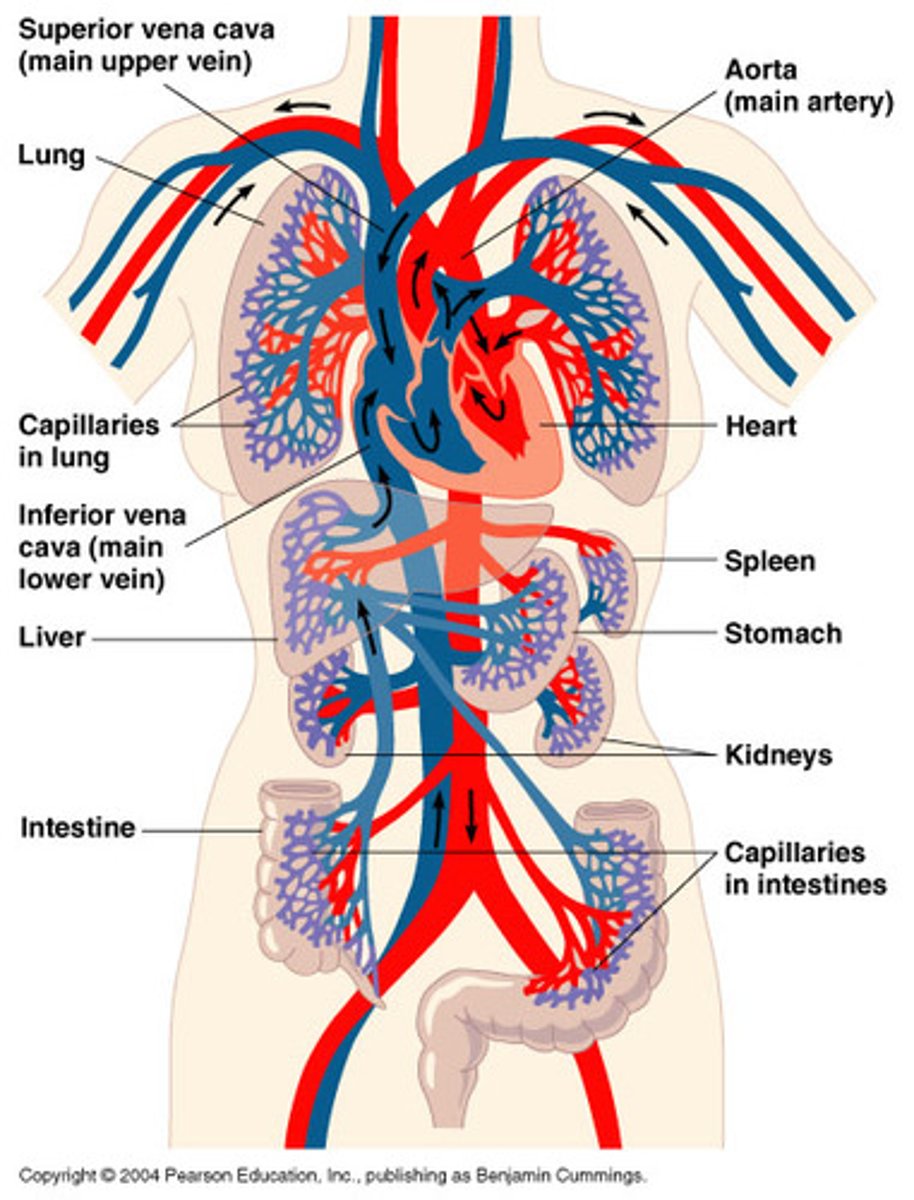
Gullet
Another word for the esophagus.
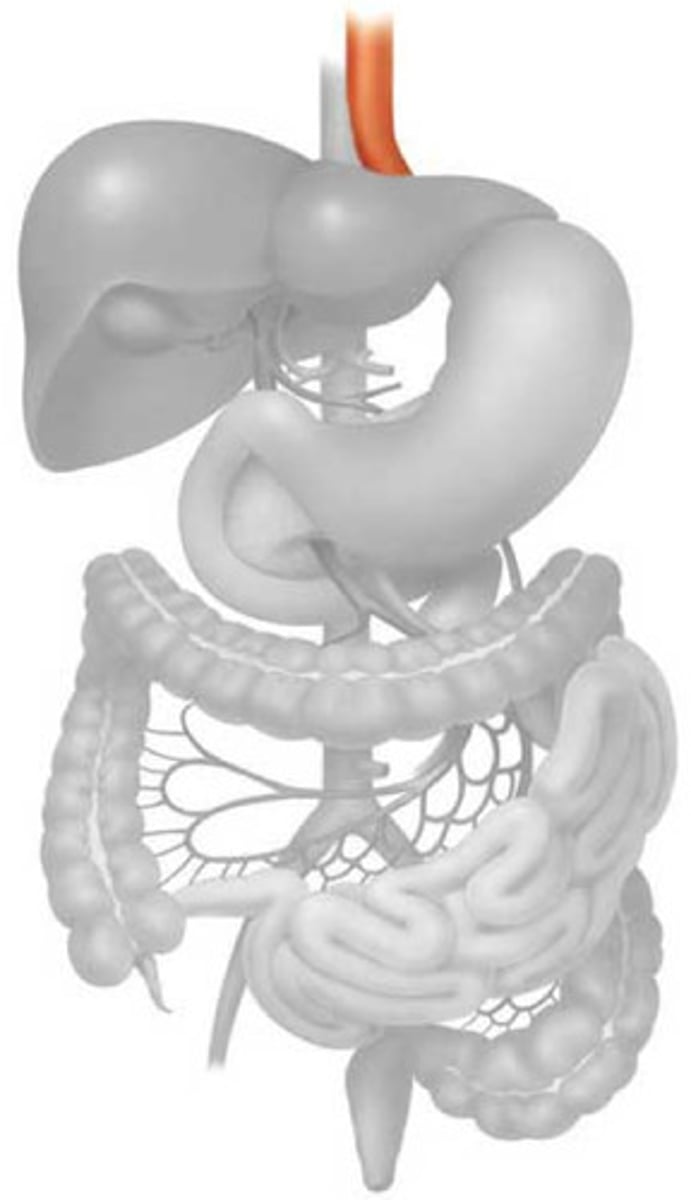
Pepsin
An enzyme in the stomach that breaks down proteins.
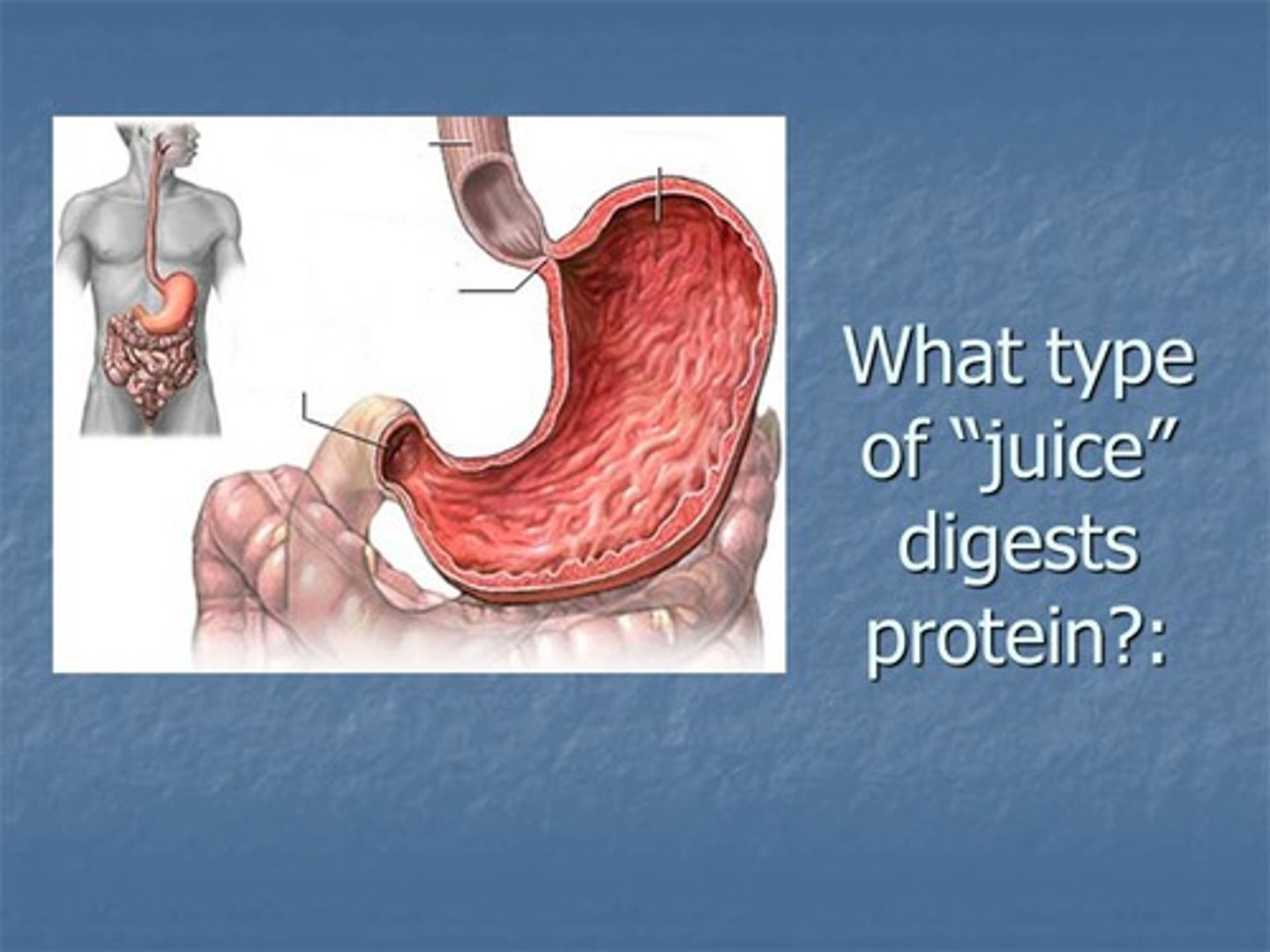
Hemolymph
A fluid in some animals, like insects, that carries nutrients and oxygen.
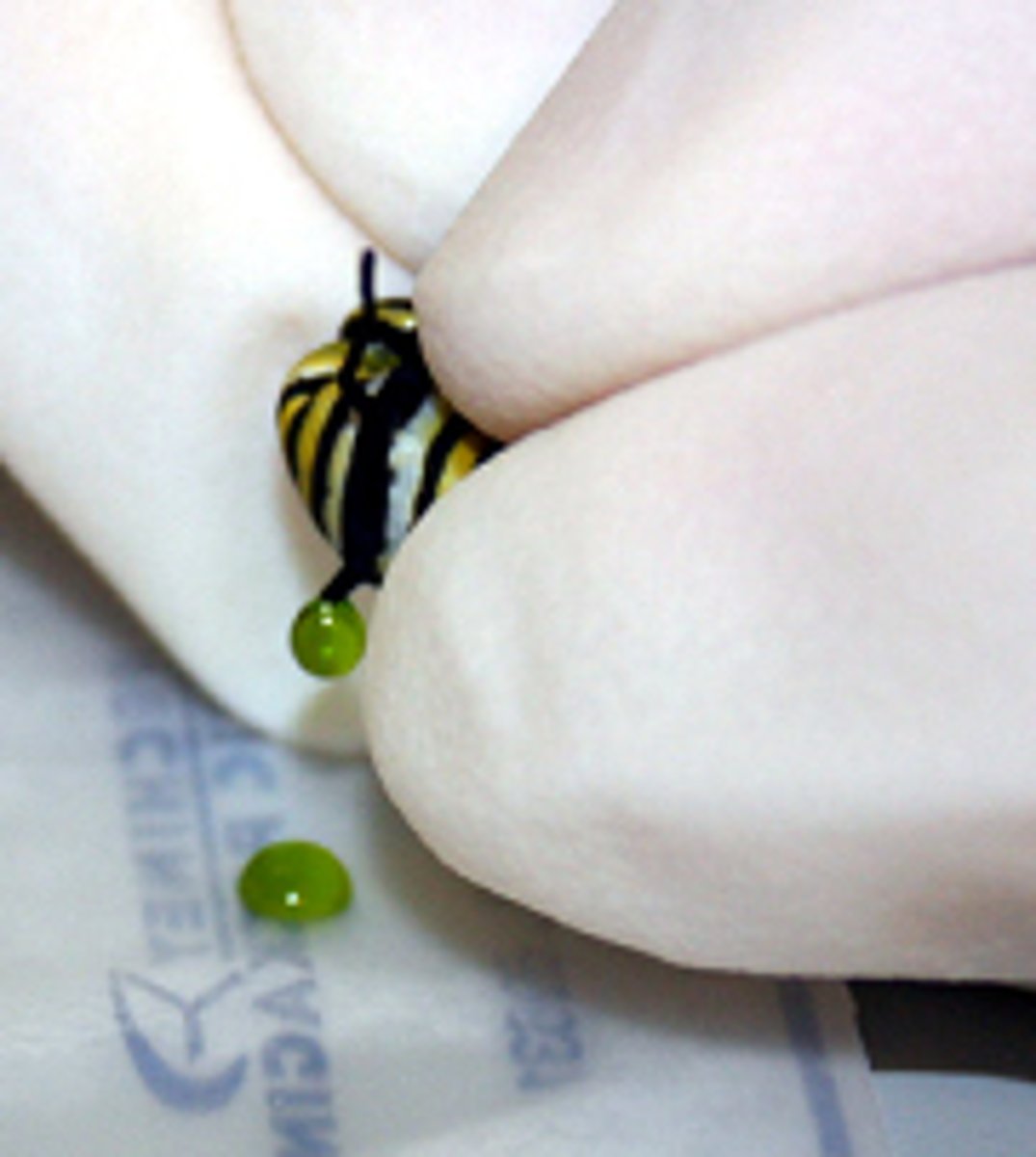
Archaebacteria
A group of microorganisms that live in extreme environments.
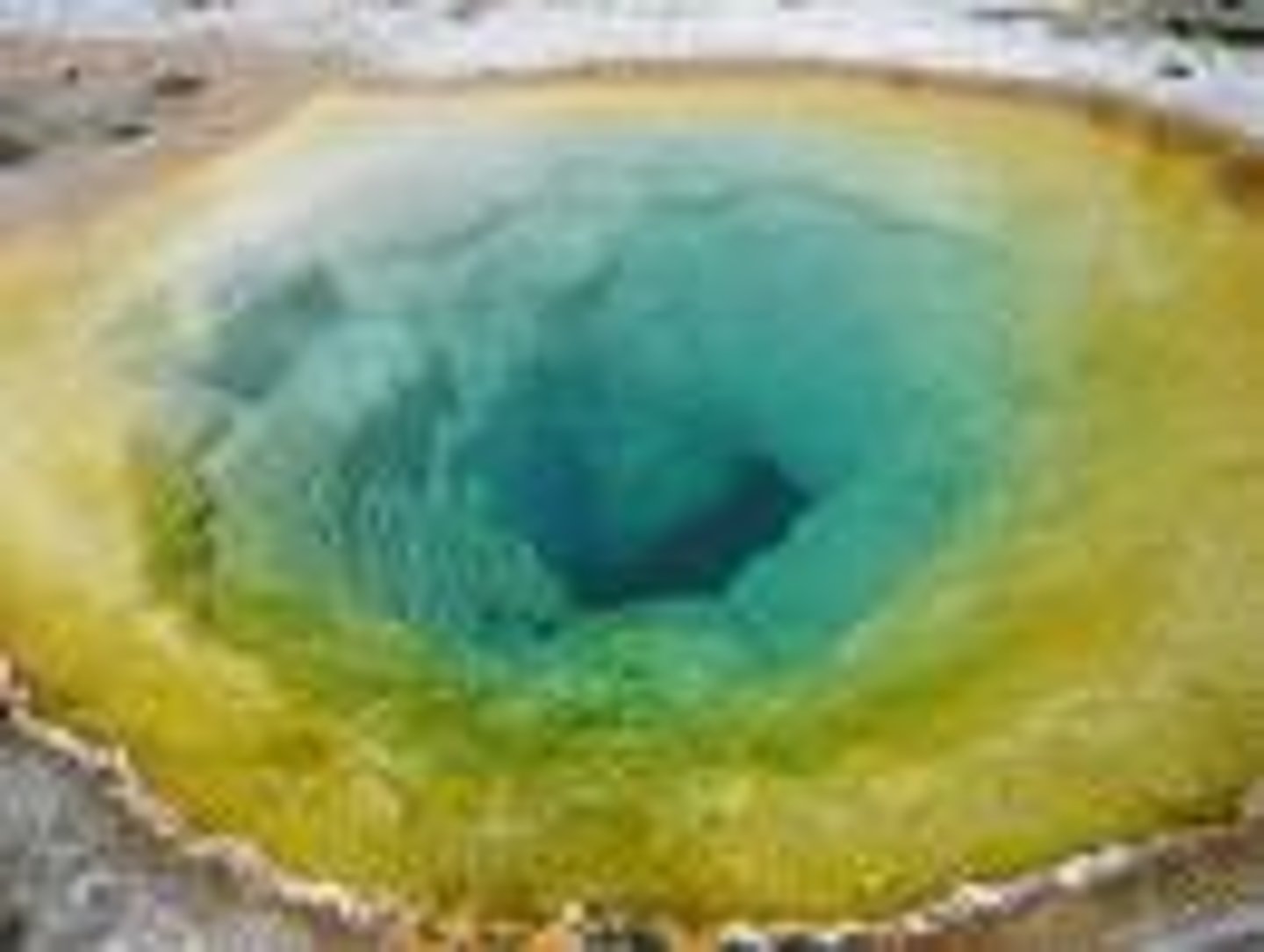
Flagella
Tail-like structures that help some cells move.
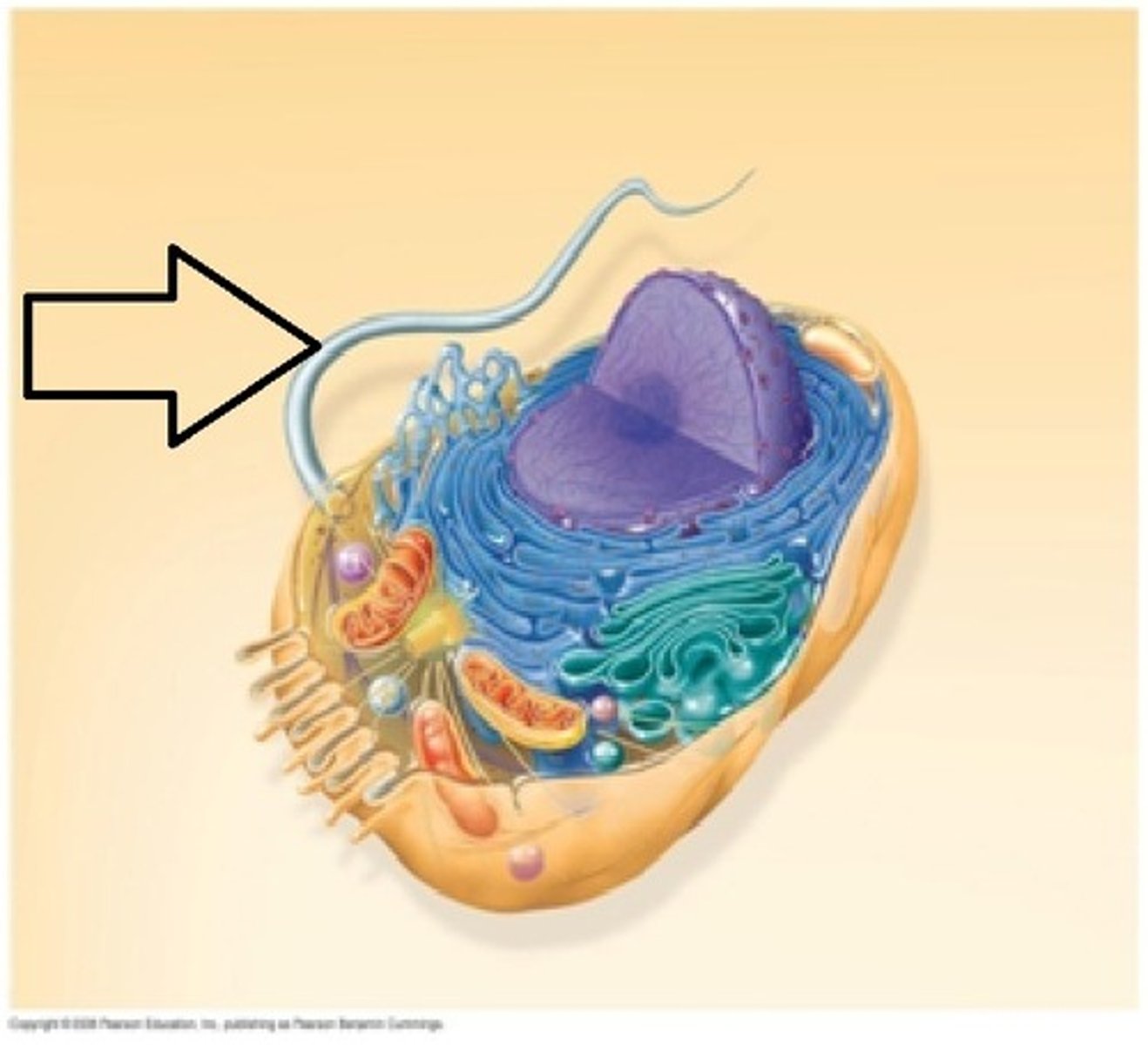
Hibernation
A state where some animals slow down their body processes to survive the winter without food.
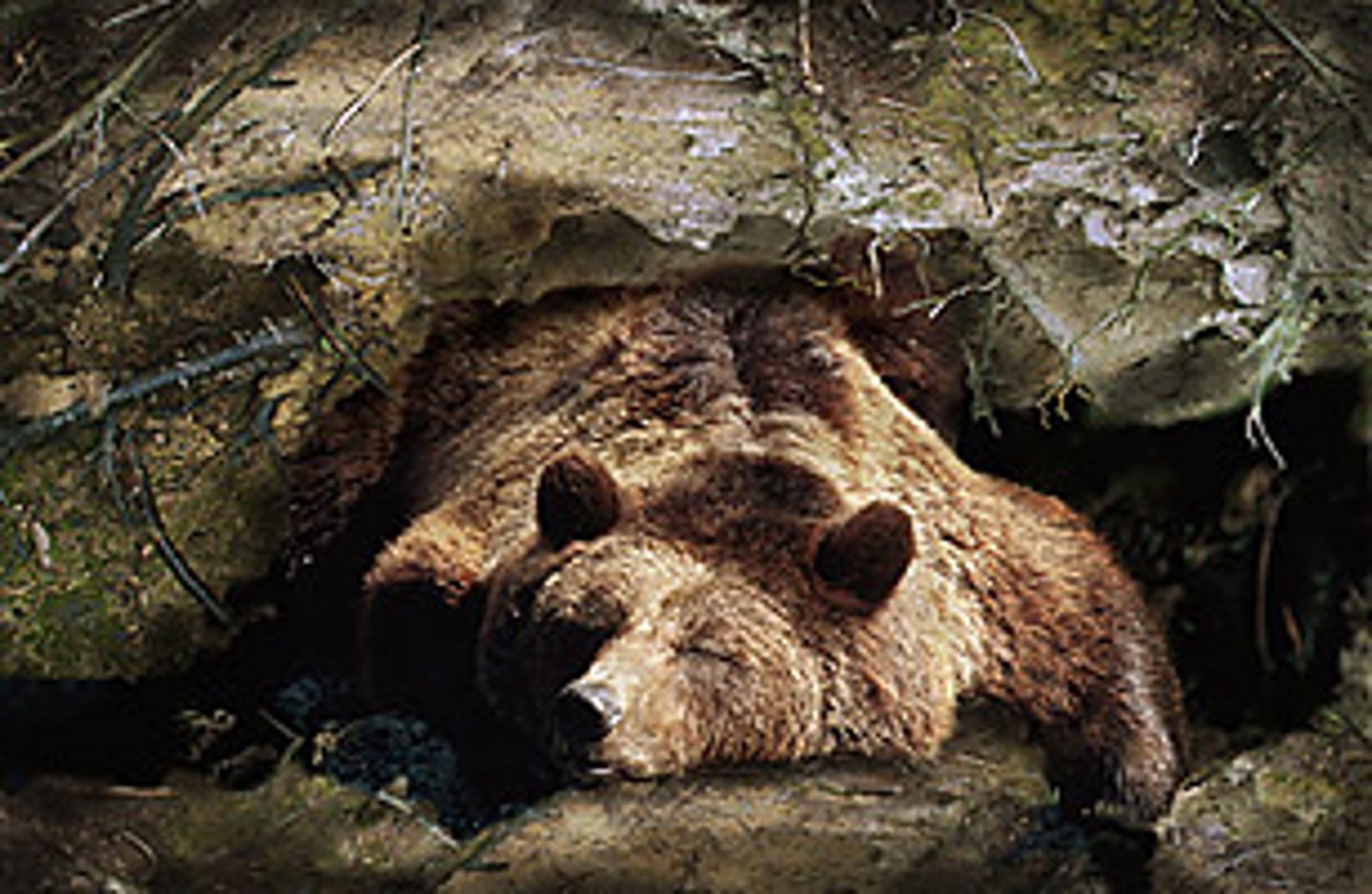
Defecate
To get rid of solid waste from the body.
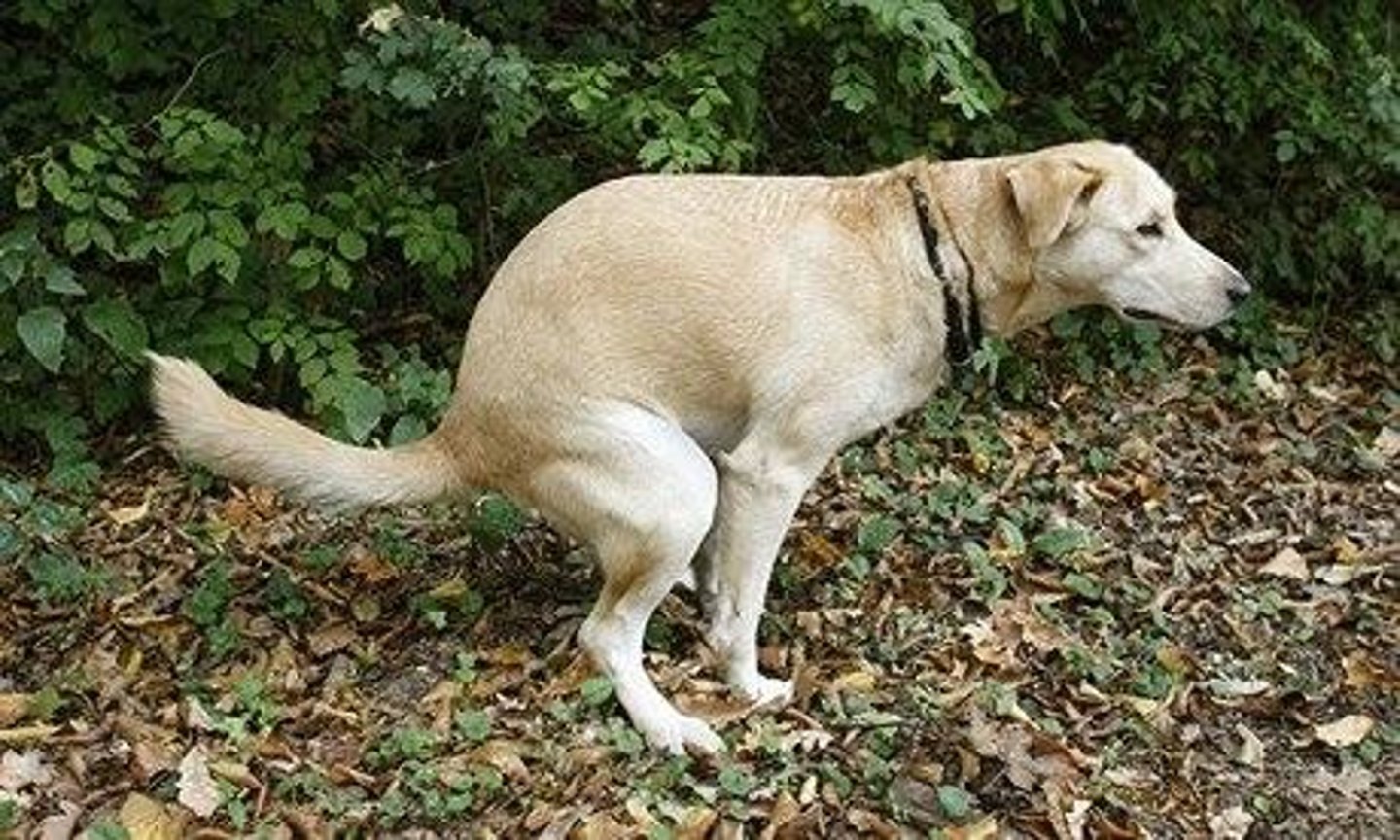
Urinate
To get rid of liquid waste from the body.
